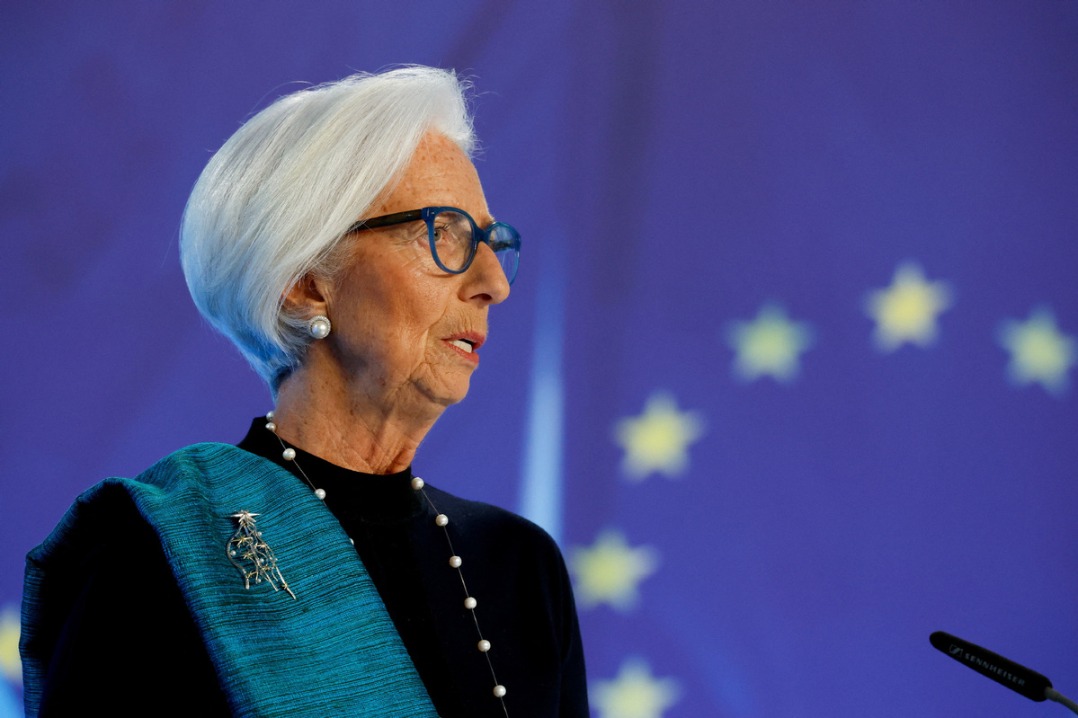High food, energy prices drag Eurozone economies into mild recession: Eurostat

ROME -- The 20-nation eurozone was in mild recession at the start of this year, according to data released Thursday by Eurostat, the statistical office of the European Union (EU).
Eurostat said the economic growth in the eurozone countries declined by 0.1 percent in each of the last two quarters, indicating a technical recession.
Economic growth was hurt by high food and energy prices, disrupted trade networks, and instability -- all large impacts of the ongoing conflict between Russia and Ukraine, Eurostat said.
The eurozone economies contracted a much more dramatic 3.1 percent and 11.5 percent, respectively, over the first two quarters of 2020, before expanding by 12.4 percent in the third quarter of that year.
In contrast to a slight uptick predicted by economists, the economic contraction for the eurozone in the first quarter of this year was largely unexpected, according to media reports.
The eurozone's biggest economies however failed to show enough drivers for better growth.
Germany entered into recession in the first quarter, after shrinking 0.5 percent in the last quarter of 2022 and 0.3 percent in the first quarter of this year. Growth in France was flat in the last quarter of 2022, followed by a 0.2-percent growth at the start of this year. Italy, meanwhile, saw its economy shrink by 0.1 percent at the end of 2022, before rebounding to a 0.6-percent growth at the start of this year -- the fastest growth rate among the EU's major economies.
The Ukraine conflict has sent energy prices higher, creating a knock-on effect on food prices and trade.
Eurostat said that in that context, overall spending in the eurozone was down by 0.3 percent in the first quarter after declining by 1 percent in the previous quarter. Imports and overall public spending also dropped in both quarters.
The performance of the eurozone economies is likely to be a central topic for financial leaders meeting on June 15 to discuss whether the European Central Bank should raise interest rates. Higher interest rates help to curb inflationary pressures but could put a toll on economic growth.
Despite a slow start this year, the European Commission still predicts the EU economy will grow by 1.1 percent this year and 1.6 percent in 2024, both figures slightly higher than previous estimates.
Croatia became the 20th member of the euro currency zone on Jan. 1, which means its economic data was included in that of the eurozone for the first quarter of this year but not for the last quarter of 2022.

































